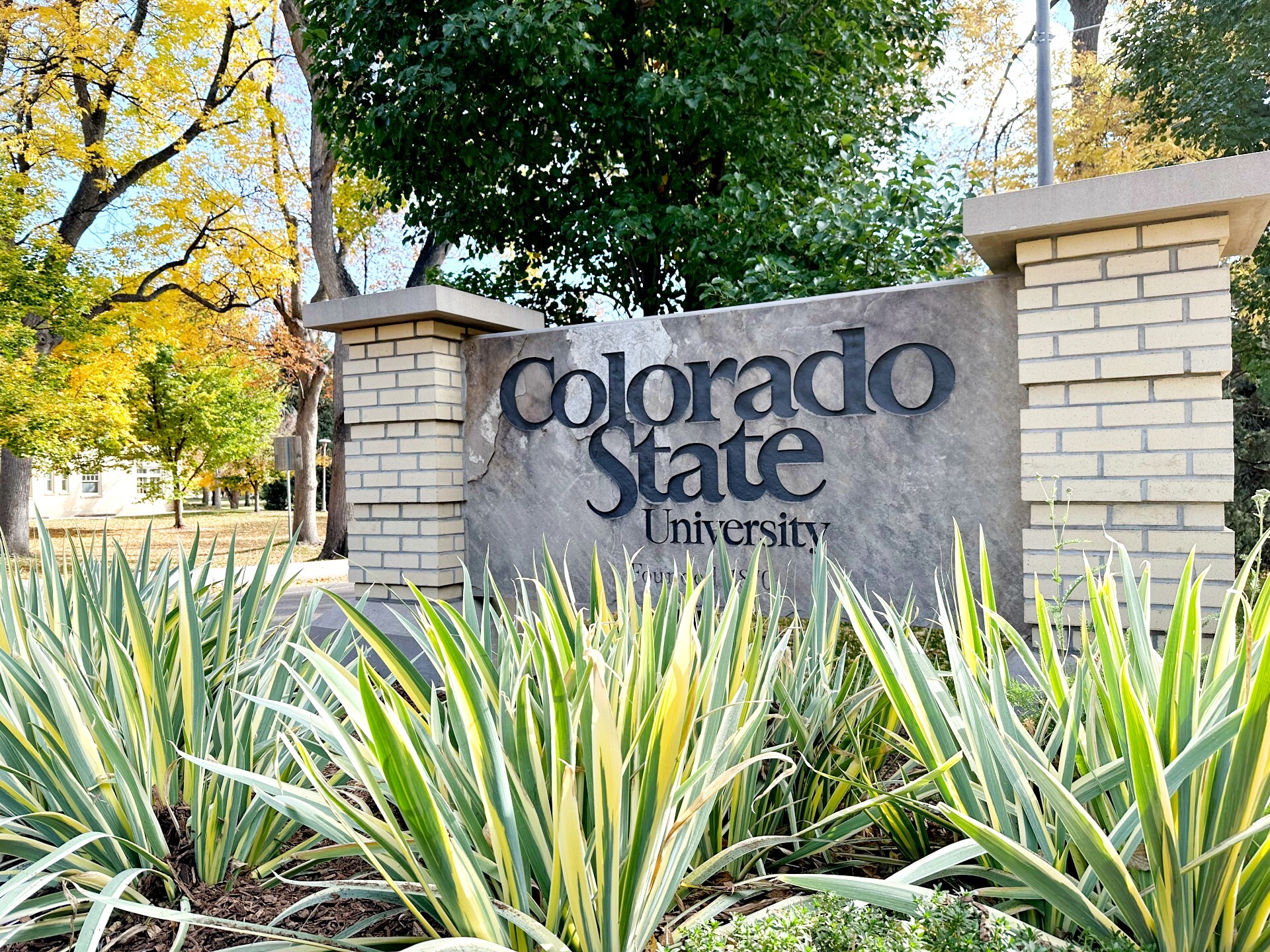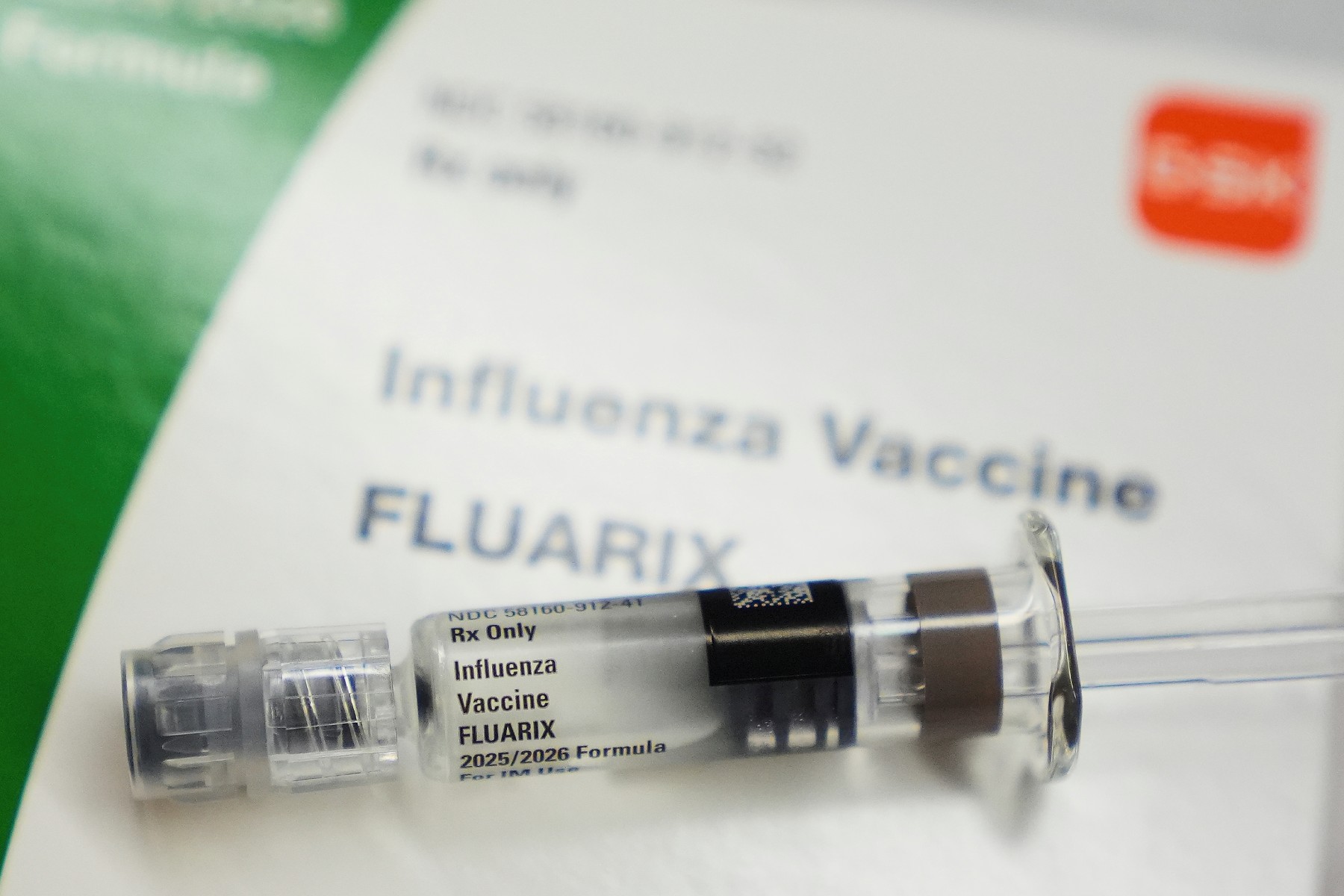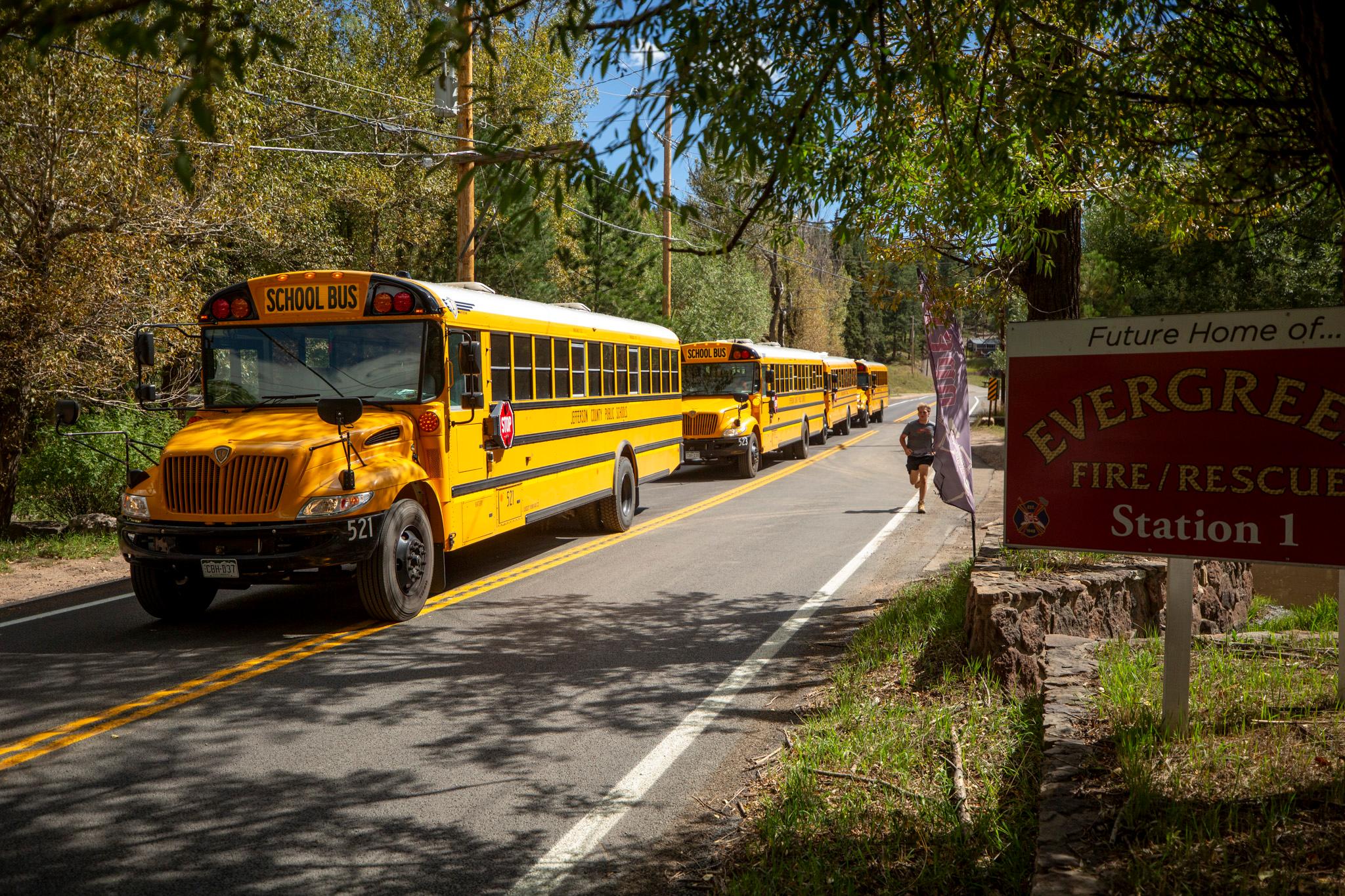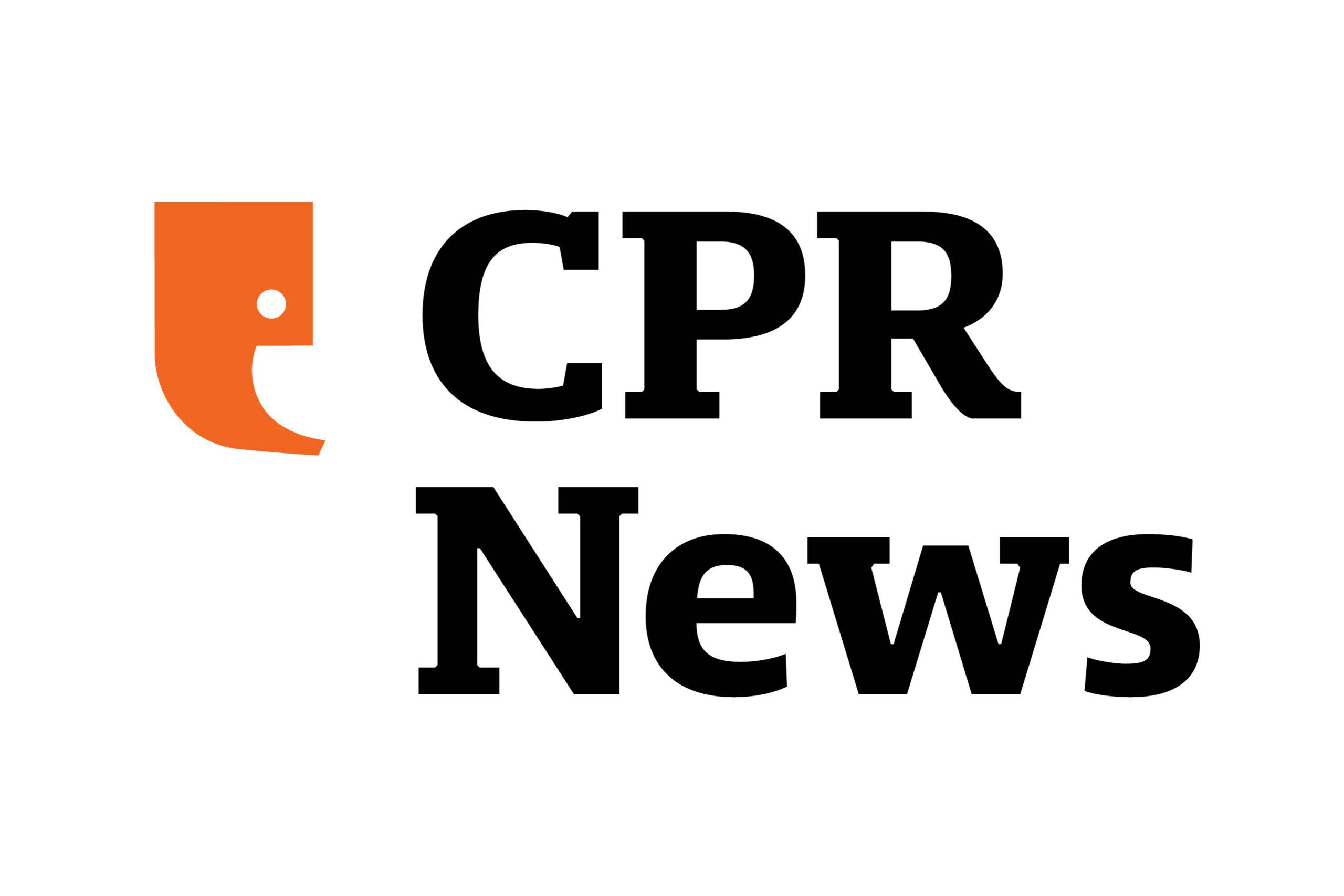
A federal appeals court sided with Colorado in a closely watched case over whether religious preschools must follow the state’s nondiscrimination rules in order to receive public funds for universal preschool.
The 10th Circuit Court of Appeals affirmed a lower court’s ruling Tuesday, upholding the state’s right to enforce nondiscrimination rules at preschools participating in Colorado’s publicly funded universal preschool program. It rejected claims by the Archdiocese of Denver, two Catholic parishes and two parents that the policies violated their constitutional rights.
“The Department did not exclude faith-based preschools from participating in UPK,” wrote the three-member panel of judges. “Indeed, they welcomed and actively solicited their participation. The only relevant limitation … is the nondiscrimination requirement, which applies to all preschools regardless of whether they are religious or secular.”
Lisa Roy, the executive director of the Colorado Department of Early Education, said the decision marks a significant victory for Colorado families.
“With this ruling, we are excited to continue providing free preschool across diverse settings in ways that warmly welcome all types of providers, including faith-based providers, and ensuring that all children have an equal opportunity to benefit from the strong start in life that Universal Preschool provides,” she said.
She called the program a “model example” of maintaining nondiscrimination laws while trying to accommodate the exercise of religious beliefs.
Nick Reaves, senior counsel at The Becket Fund for Religious Liberty, sent CPR a brief statement.
“Colorado is punishing religious schools and the families they serve for following their faith,” he said. “The Tenth Circuit’s decision allows the state’s anti-religious gamesmanship to continue. We will keep fighting to ensure that every preschooler in Colorado can access quality, affordable education.”
How Colorado’s preschool program works
Colorado’s universal preschool program provides funding for 15 hours per week of free preschool to more than 40,000 families. It includes school-based preschools, family home providers and private preschools, including faith-based institutions. There are approximately 47 faith-based providers.
To be part of the universal preschool program, providers had to follow Colorado’s nondiscrimination laws in order to receive funding and participate in the program. That means providers couldn’t enroll or deny families based on sexual orientation, religious affiliation, income, race, disability or gender identity.
The Archdiocese of Denver and two of its parishes that run preschools — St. Mary in Littleton and St. Bernadette’s in Lakewood — filed a lawsuit against the state in federal district court last year. They claimed the nondiscrimination condition violated their religious liberty by requiring them to hire LGBTQ+ educators or enroll LGBTQ+ families. They argued that that conflicted with their religious beliefs.
The lawsuit sought an exemption from the nondiscrimination requirements because it said it was being forced to either compromise its religious beliefs or give up state funding.
The appeals court ruled that the UPK program doesn’t unduly burden the school’s religious practices and that the state has a compelling interest in ensuring equal access to its publicly funded education program.
“It simply means that when a school takes money from the state that is meant to ensure universal education, then its doors must be open to all,” the court wrote.
Tuesday’s ruling dealt a blow to several religious preschools that have taken to the courts to answer this question: Can a religious school that accepts taxpayer money for its students be required to follow state rules that they say go against their religious beliefs?
What the appeals court decided
The Catholic preschools argued that because participating required them to abandon their religious beliefs regarding sexuality and gender, they were being excluded based on religion. They argued that because UPK created exemptions, such as spaces for children in Head Start or children of employees, the law was not “neutral and generally applicable” and should be analyzed under a rigorous “strict scrutiny” standard.
The 10th Circuit countered that because the UPK program was created to be a voluntary, universal public benefit, the nondiscrimination standard applies to all preschools — public, private or faith-based. Since the nondiscrimination rule is a standard condition for getting public money and doesn’t single out religion, the state can enforce it, the court ruled.
The judges emphasized the rule applies equally to all preschools and does not single out religion.
The court said preferences like giving spots to Head Start students serve goals in the law and don’t undermine the government’s interest in equal access. The court said it found no evidence of religious hostility in the record.
The schools argued that participating in UPK forces them to admit children from families whose beliefs differ from their own and that violates their First Amendment rights. The court responded that preschool children are not responsible for advancing the school’s message.
“This is a case about preschoolers,” the judges wrote. “No one would reasonably mistake the views of preschool students for those of their school … Teachers and staff are the ones responsible for disseminating a preschool’s message and developing the curriculum, not the preschool children they teach.”
The court concluded that the state’s nondiscrimination rules undergird the government’s interest in protecting equal access to preschool education for all children, which included “great effort to be welcoming and inclusive of faith-based preschools’ participation.”
In a separate case involving a Christian preschool in Chaffee County, a federal judge reached the opposite conclusion. He ruled the school has the right to reject children and families based on gender identity or maintain hiring practices in line with its religious beliefs while still receiving tax dollars. The state has appealed that ruling, arguing it was based on a flawed legal analysis.
- Colorado appeals ruling allowing taxpayer-funded preschool to discriminate
- Judge says Christian preschool should get state funding despite conflicts with anti-discrimination laws
- Christian preschool sues state, wants to require employees hold specific religious beliefs while still enrolling in Colorado universal pre-k program







